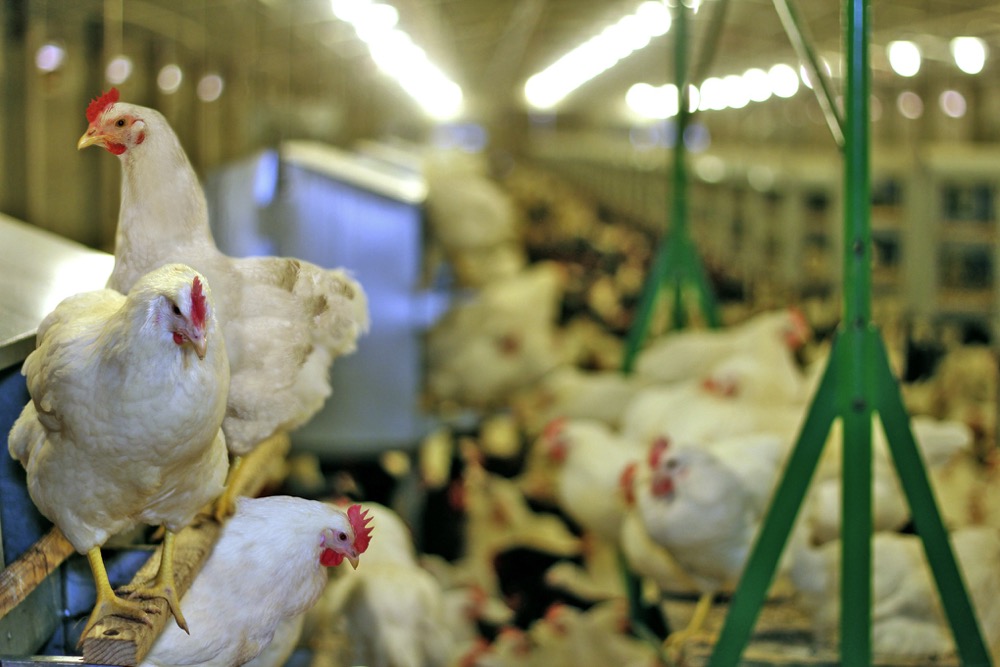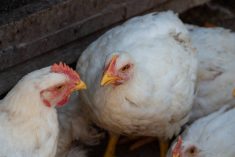The federal government has pledged $5.2 million in for 35 projects researching bird flu.
“Through this federal funding we will build on the critical work to date to contain the spread of avian influenza and mobilize Canadian research expertise to protect Canadians,” said Health Minister Mark Holland in a news release yesterday.
The federal government said the research projects will address the most immediate knowledge gaps related to the current outbreaks of avian influenza A (H5N1) in animals and the risk of transmission to humans.
This includes research into the effectiveness and safety of medical interventions and physical or environmental interventions, development of novel testing strategies for disease surveillance, and engagement with communities at higher risk of exposure to avian influenza.
Read Also

Fine against B.C. ostrich farm dropped on tribunal review
The $10,000 fine against Universal Ostrich Farms has been dropped after review by the Canada Agriculture Review Tribunal
Earlier this week, B.C. health authorities said a teenager was in critical condition after contracting avian influenza. The strain was later identified to be H5N1. This is Canada’s first confirmed case of that disease. The youth reportedly had no contact with farm animals, but had been exposed to dogs and cats, both of which have been known to contract avian flu.
There have been some human cases of H5N1 bird flu in the U.S., along with dairy cattle, poultry, and isolated cases in animals such as alpacas and pigs.
Nation-wide, Canada has 31 active poultry infections, the vast majority of which are in B.C., with hot spots around Abbotsford and Chilliwack. A commercial poultry farm and small-scale flock have also fallen prey in Alberta, as has a commercial poultry operation in Saskatchewan.














